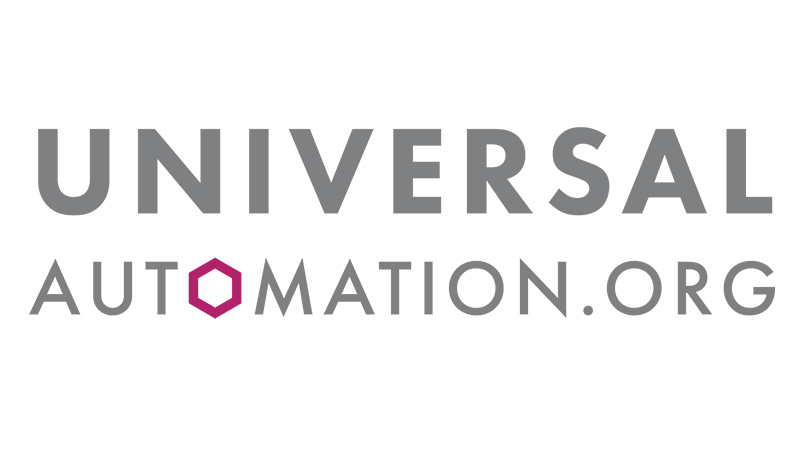It’s time for universal automation
- By Schneider Electric Industrial Automation
- 31 Oct 2022
- 1 min read
Until now, the industrial world has worked with closed proprietary architectures and hardware-dependent applications. Yet, in a software-driven world, interoperability is essential.
Portability is already a standard in most other market sectors. For example, mobile applications are developed to run across different smartphone vendors, enabling rapid advances through collective innovation. Now it’s industry’s turn to release the constraints of closed, proprietary systems. It’s time for universal automation.
Universal automation is the world of plug-and-produce automation software components enabled by the IEC 61499 standard. Think of it as an app store for automation. Working to common, open standards is vital to ensuring multivendor interoperability and seamless interfaces from supply chain through manufacturing and to the end customer.
UniversalAutomation.org is an independent, not-for-profit association that manages a reference implementation of a shared source IEC 61499 standard-based runtime for automation. For the first time, vendors, end users, OEMs, and academics from across industry are sharing a common automation software layer across their automation technology—regardless of brand.

“This technological collaboration is driving the development of an ecosystem of portable, interoperable, universal automation solutions. UniversalAutomation.Org is open to any new member willing to change the game of automation.” UniversalAutomation.org
TIP: Universal automation enables businesses, no longer constrained by a single-vendor automation model, to optimize cost/performance by integrating heterogeneous components into flexible, agile operational models that deliver step-change improvements we could only dream of a decade ago.
Latest in Industrial Software
How large language models can boost industrial automation
Software, robots, and people
Embracing the power of industrial transformation — from single site to enterprise-wide
It’s time for universal automation

